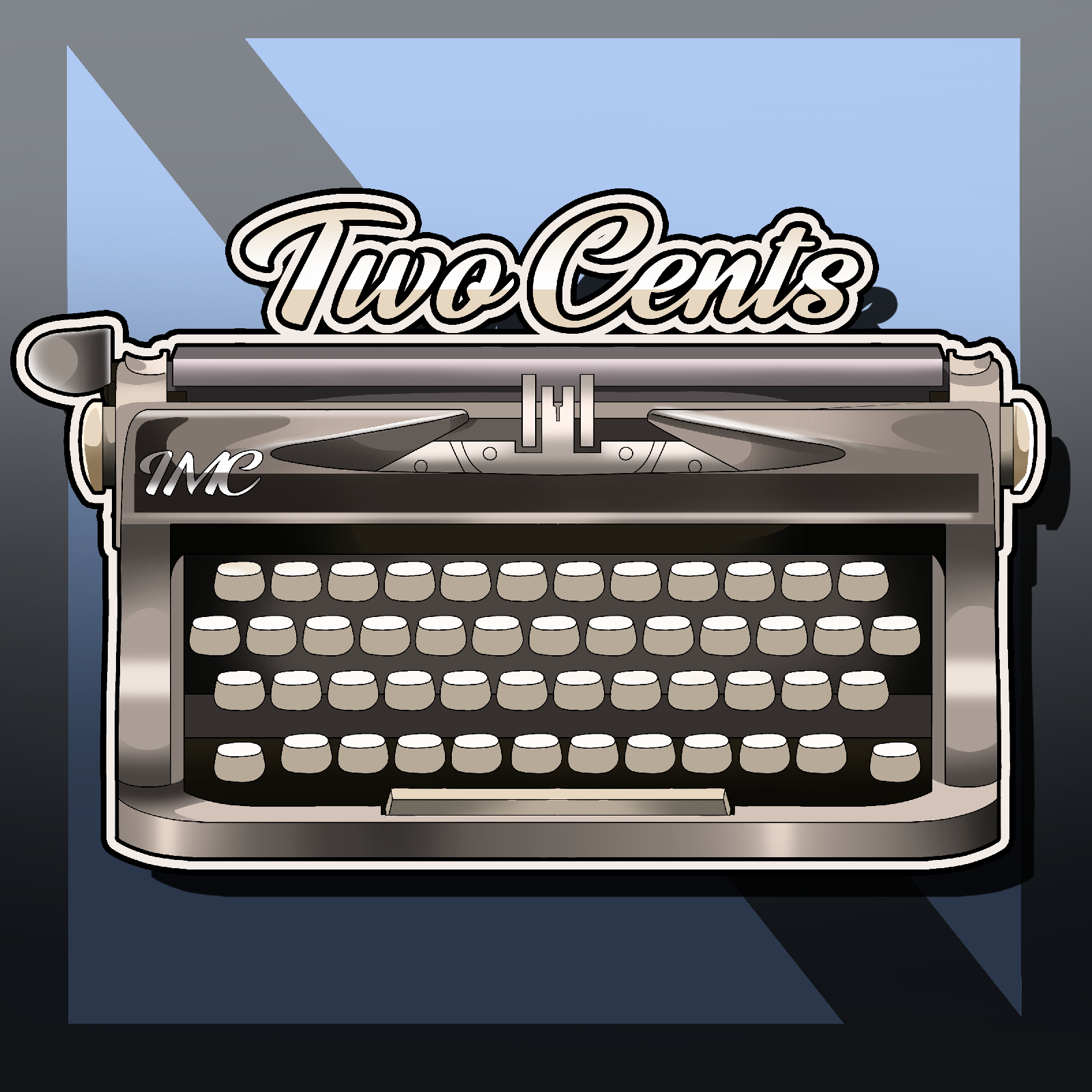Good Omens
 |
| Property of Amazon.com |
~ Terry Pratchett & Neil Gaiman, Good Omens
It seems we're in the middle of a period riddled with Neil Gaiman adaptations, and it isn't the first. Over a decade ago, we got two wonderful films based on the master fantasist's fictional works: 2007's Stardust and 2009's Coraline. Now, we've gotten two excellent televisual adaptations of his work: American Gods on the Starz network, and the freshly released mini-series, Good Omens on Amazon Prime.
Now, I hate to admit this, but I have yet to read Good Omens by Terry Pratchett and Neil Gaiman. But this is frequently the case with me. I encounter the adaptation and then I go back to the source material (which I fully intend to do. I bought my copy of the book shortly after finishing the show, and it will be one of my summer reads for 2019). If this adaptation is any indicator of what I'm in for with my reading experience, however, I can tell I'm going to have one hell of a good time.
The story of how Good Omens was written is a hilarious one, and it's one you can hear Neil Gaiman tell in the interview below with his friend and fellow writer, Michael Chabon.
From all the interviews I've seen of Neil in the last four years (which is how long it apparently took to get this series off the ground), the story of how GO finally was adapted goes like this.
Since 1990, the year Good Omens was published, Pratchett and Gaiman had been trying to get it made, initially as a film, for years. Screenwriters, Producers, Directors, and Actors came and went over the interceding 25 years.
Then, in 2015, Terry Pratchett, Neil's fellow writer, mentor, collaborator, and BFF, passed away after battling Alzheimer's for the last 8 years of his life. Before he died though, Terry had entrusted the fate of the Good Omens adaptation to Neil on the ground that he wanted to see it before he died. Sadly, that didn't happen, which to Neil's mind made this a final request.
Thus, Gaiman undertook to make the adaptation that Terry would've wanted to see. To do this, he did something that only either a writer hellbent on a mission or a total control freak (which are not mutually exclusive monikers, by the way), would do: he wrote all the scripts and set himself up as showrunner. Four years of, what I can only imagine being, a mixture of joyful creative success and pain-in-the-ass production headaches later, we ended up with one of the best TV mini-series yet produced.
From the opening sequence at the beginning of the first episode, I got the same feeling of the playfully absurd logic you can find in other great works of comic speculative fiction, like The Hitchhiker's Guide to the Galaxy. It, along with the opening titles (see above), perfectly sets viewers up for what they're stepping into.
This is a version of reality bent askew to an angle capable of accommodating what can only be called "child logic." Considering one of the characters is the Antichrist who can alter reality because things don't make sense to him, I think that's a justifiable description. It's a world where good and evil--embodied by the forces of Heaven and Hell--are actually only different due of the lighting you encounter them in and the color of the clothes they wear. It's a world with Chatty Satanic Nuns, Hell Hounds named Dog, Empty-Headed Bureaucratic Angels, Idiotic and Hot-Tempered Demons, and the world's worst version of Three-Card Monte.
Because of that, though, this is no binary world. Those who are good are not completely good, and some who are evil are not completely evil. You can see this in the relationship between Aziraphale and Crowley; one of them is an angel and the other a demon, neither of them are purely good or evil. If anything, they're just a little less human than actual humans. Though the two of them resist the idea of imperfection going either way, they are.
The cast is remarkable. Sheen and Tennant in particular seem almost born to play their roles. I can't help but think that the banter between the two of them isn't in some way a reflection of Neil and Terry's own relationship. Though, I'm not sure who would be the analog for who.
The writing finds that excellent balance between being bitingly satirical--typical of Pratchett--to sinisterly whimsical, something you can find in both Pratchett and Gaiman's writings.
And the sense of fun that saturates the whole story only increases as it unfolds in its seemingly absurd, yet remarkably intricate plot, which unfurls to us as inevitably as Agnes Nutter's prophecies.
We can only imagine what Terry Pratchett would've thought of it if he were still with us today. If the love and attention that Gaiman clearly poured into it is any indicator though, I think he'd approve (I also imagine that he'd have a thing or two to say about improving it).


Comments